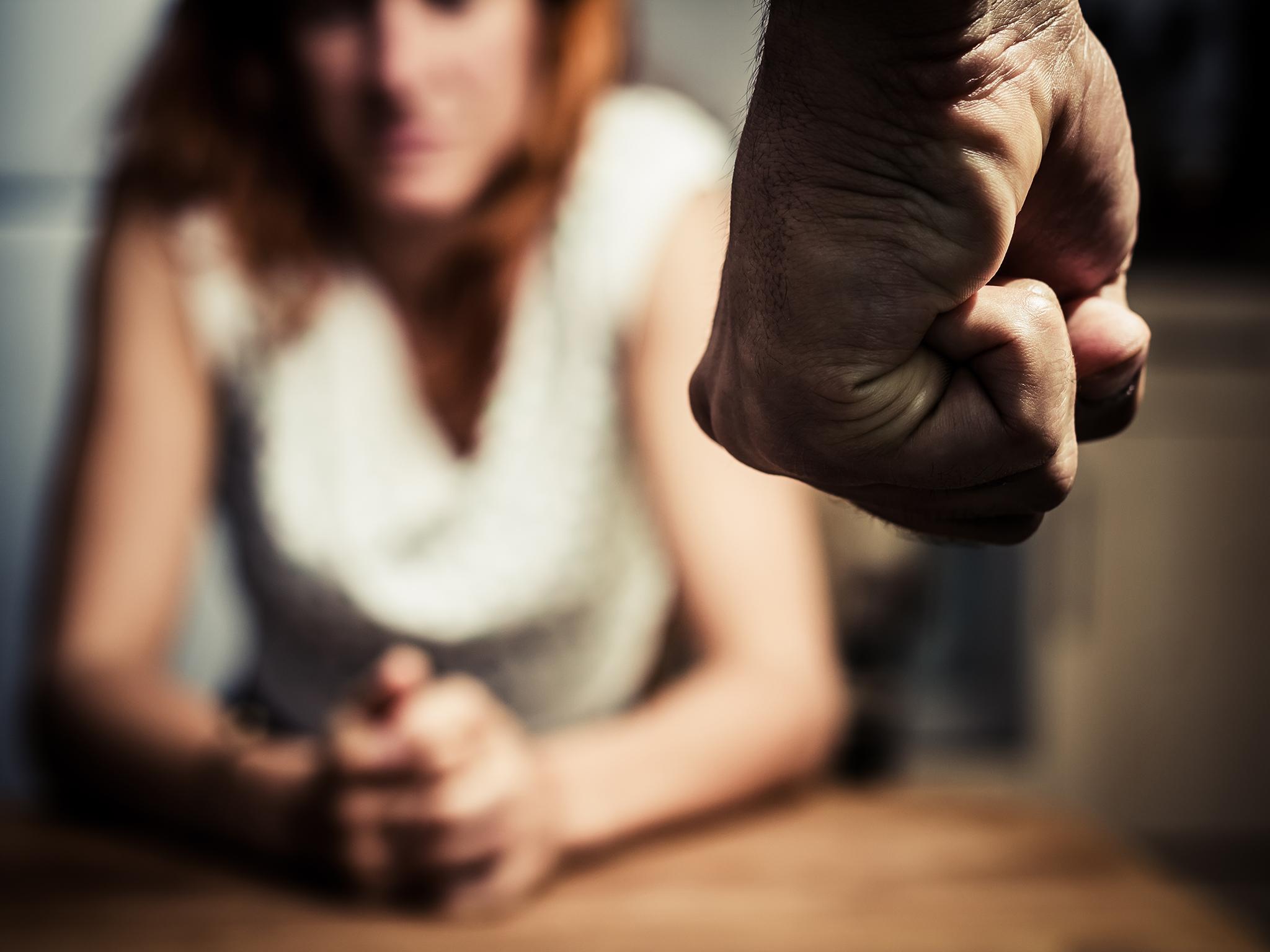Decriminalising domestic violence was a 'mistake' that has put victims at greater risk, says Russian human rights official
Abusers have been given a sense of impunity since penalties were significantly reduced for battery of family members

Your support helps us to tell the story
From reproductive rights to climate change to Big Tech, The Independent is on the ground when the story is developing. Whether it's investigating the financials of Elon Musk's pro-Trump PAC or producing our latest documentary, 'The A Word', which shines a light on the American women fighting for reproductive rights, we know how important it is to parse out the facts from the messaging.
At such a critical moment in US history, we need reporters on the ground. Your donation allows us to keep sending journalists to speak to both sides of the story.
The Independent is trusted by Americans across the entire political spectrum. And unlike many other quality news outlets, we choose not to lock Americans out of our reporting and analysis with paywalls. We believe quality journalism should be available to everyone, paid for by those who can afford it.
Your support makes all the difference.Russia’s top human rights official has said the country’s decision to decriminalise domestic violence in 2017 was a “mistake”.
The country’s parliament adopted controversial legislative amendments in February last year that decriminalised battery offences of family members. This marked a grave setback which reduced penalties for abusers and placed victims in even more danger.
Human rights activists say domestic violence complaints have skyrocketed and abusers have been given a sense of impunity since Russian president Vladimir Putin signed the law.
On Monday, human rights ombudsperson Tatyana Moskalkova told a conference: “I believe that decriminalisation was a mistake and we need to adopt a law to combat domestic abuse.”
She spoke in favour of decriminalising some forms of domestic abuse in 2017 – arguing that imprisoning men who had just been “mildly abusive” could leave households without breadwinners and potentially create more harm than good.
The amendments meant violence against a spouse or child that caused bruising or bleeding but not broken bones became punishable by 15 days in jail or a fine of 30,000 rubles (£350) as long as it did not take place more than once a year.
Offences previously had a maximum jail sentence of two years.
But Ms Moskalkova appears to have performed a U-turn after witnessing the impact the law has had on women, children and elderly people – with domestic abuse appearing to have risen after the amendment was passed.
“Today, a person who is in the family space is not protected from family members who do harm unto them without it being considered a crime,” she was cited as saying by the state-run RIA Novosti news agency.
Although Ms Moskalkova is a Russian official, she is not able to push for policy change herself.
The law was controversial in local media but it was passed almost unanimously in the socially conservative legislature. Only three of 380 lawmakers voted against it.
It was justified on the basis that parents should not be punished more stringently for disciplining their own children than strangers who attack minors.
Russia is one of the only major countries in the world not to have dedicated laws for domestic violence. The country is one of only two Council of Europe members that have neither signed nor ratified its Istanbul Convention, which prevents and combats domestic violence and violence against women.
Russian police are refusing to register or investigate women’s reports of domestic violence and are instead advising them to reconcile with abusive partners, a damning report by Human Rights Watch report found in October.
The research found that serious gaps in Russia’s laws, a dearth of protection orders, and inadequate police and judicial responses mean even women who are faced with severe physical violence have meagre or zero protection.
The study – titled “I Could Kill You and No One Would Stop Me”: Weak State Response to Domestic Violence in Russia – said social stigma, lack of awareness and lack of trust in police resulted in victims not reporting abuse.
It also found domestic violence in the country is still predominantly viewed as a private, “family” matter – with police, courts and sometimes even service providers attributing blame to the victims and advising women to avoid “provoking” their abusers.
Women described being choked, punched, beaten with wooden sticks and metal rods, burnt, threatened with weapons, sexually assaulted and raped, pushed from balconies and windows, having their teeth knocked out, and being forced to endure severe psychological abuse.
Domestic violence is a massive problem in the country – with official studies suggesting at least one out of five women in Russia have experienced physical violence at the hands of a husband or partner.
The country’s interior ministry said domestic violence kills around 14,000 women per year – one every 40 minutes.
Join our commenting forum
Join thought-provoking conversations, follow other Independent readers and see their replies
Comments